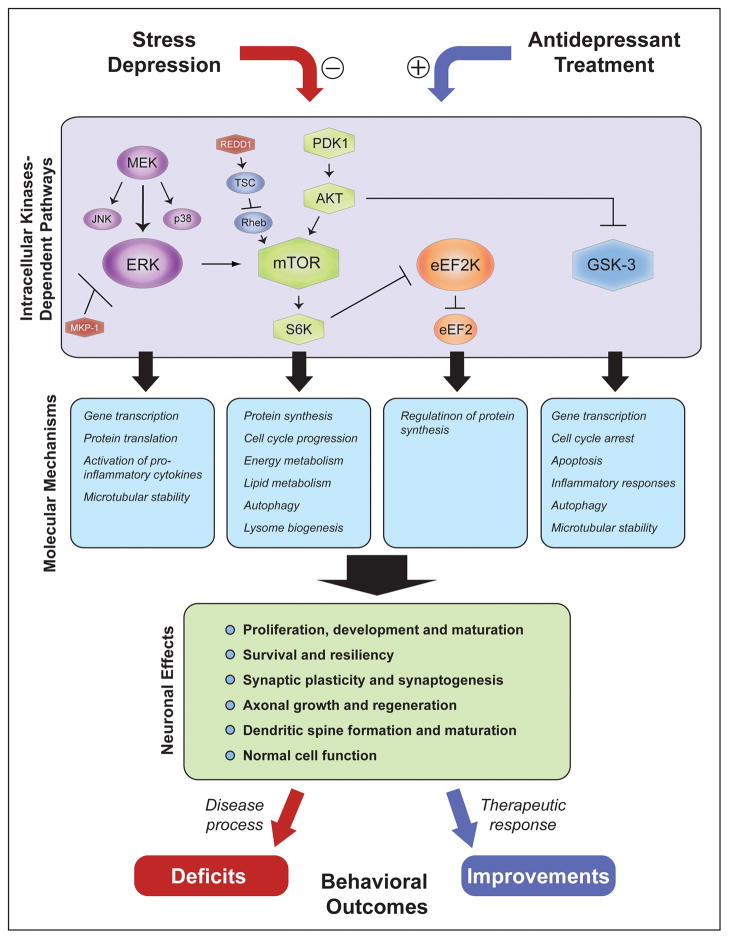Figure 1. Kinase-regulated intracellular signaling cascades play important roles in cellular actions of chronic stress and antidepressant treatments.
Kinases pathways such as MAPK, mTOR, GSK-3 and eEF2K are involved in regulation of basic molecular mechanisms including gene transcription, protein synthesis, autophagy, metabolism and cell cycle that control numerous cellular functions critical for neuronal plasticity and survival. Stress-related negative regulation of these mechanisms can lead to neuronal dysfunction at specific brain regions within mood-controlling neurocircuitry resulting in behavioral deficits associated with depressive state. In contrast, antidepressant-related positive regulation of these kinase-dependent neural mechanisms produces improvements in behavioral outcomes associated with therapeutic response and remission.

